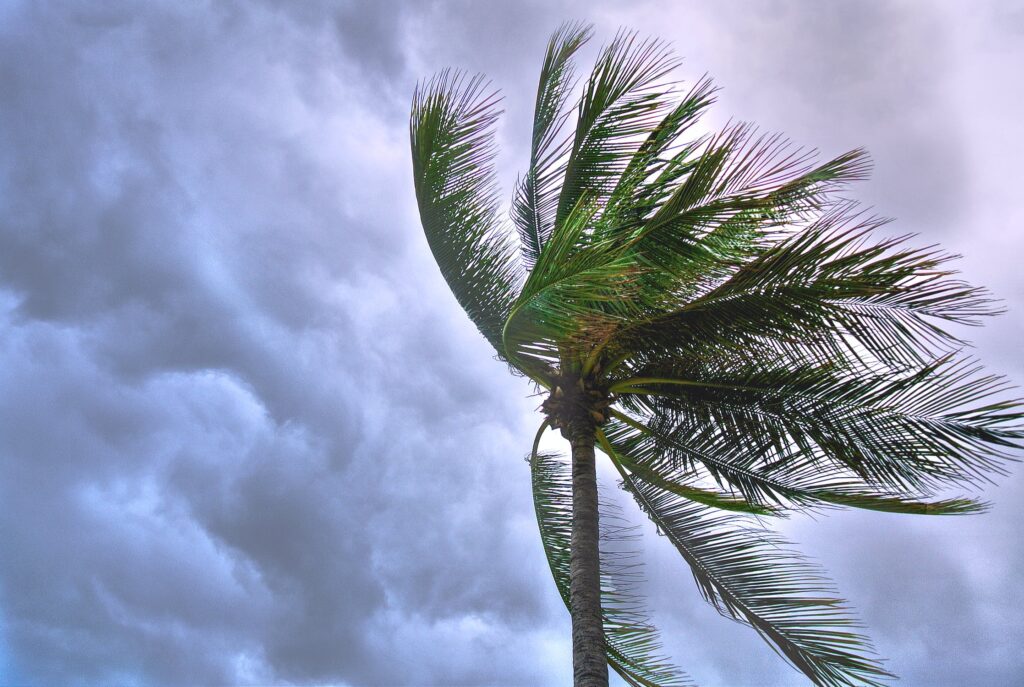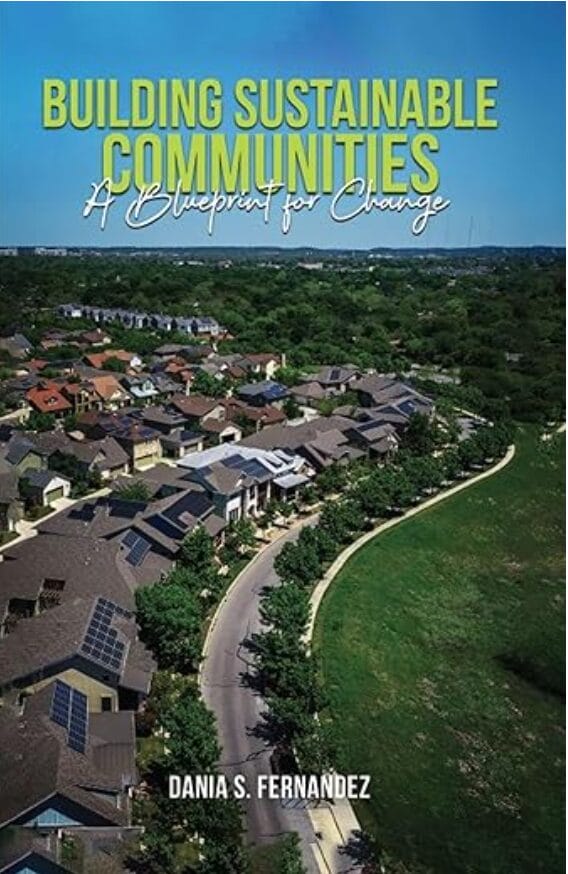
In September of last year Hurricane Ian made an uninvited entrance and left a big mess. How big? A mess to the tune of over $50-$65 billion in insured damages – second only to Hurricane Katrina. The continual influx of major and damaging storms is one of the things causing insurance companies to cut their losses in Florida. Ian showed up just in time to punctuate that concern.
Increase in Natural Catastrophes
Even before the destruction caused by Ian hit Florida, insurance companies were struggling to keep up with payouts on claims from previous storms. The Post-Andrew property insurance system (where Florida insurers utilize reinsurance more than they do in other states) just isn’t designed to absorb this much risk over and over in such a short period of time. Insurance is based on risk assessment, so when you plan for one major impact storm every 5 years and get 2 or 3 yearly the reserves deplete quickly.
Insolvency is one of the main reasons we’ve seen insurance companies leave the state of Florida entirely. Increased storm impact – combined with the use of reinsurance to pay claims – is also why we were already seeing major rate hikes which we have to expect to continue.
Limitations on Lawsuits
New legislation has also made several big changes designed to discourage lawsuits. Legal fees will no longer be included for an insurer if they lose a case; a portion of your settlement would now go to cover attorney’s fees.
Insurers are also now allowed to offer discounted policies which would require policyholders to use binding arbitration and barring them from filing lawsuits. Additionally, the practice of assigning benefits of an insurance claim to a contractor who does any restoration work – who then negotiates directly with the insurance company to get paid for the work is now prohibited.
We won’t ever know for sure if legislators would have made the same changes without this storm. Likely these were all changes that were coming out of Tallahassee either way. The fact of the matter is that premiums are going up, and your association’s ability to negotiate with your insurer after filing a claim has been changed.
All of this being said, we are still here to help your association manage your property regardless of what comes next. If you have any questions, or want a lawyer to review an insurance policy for your association, please contact us.

